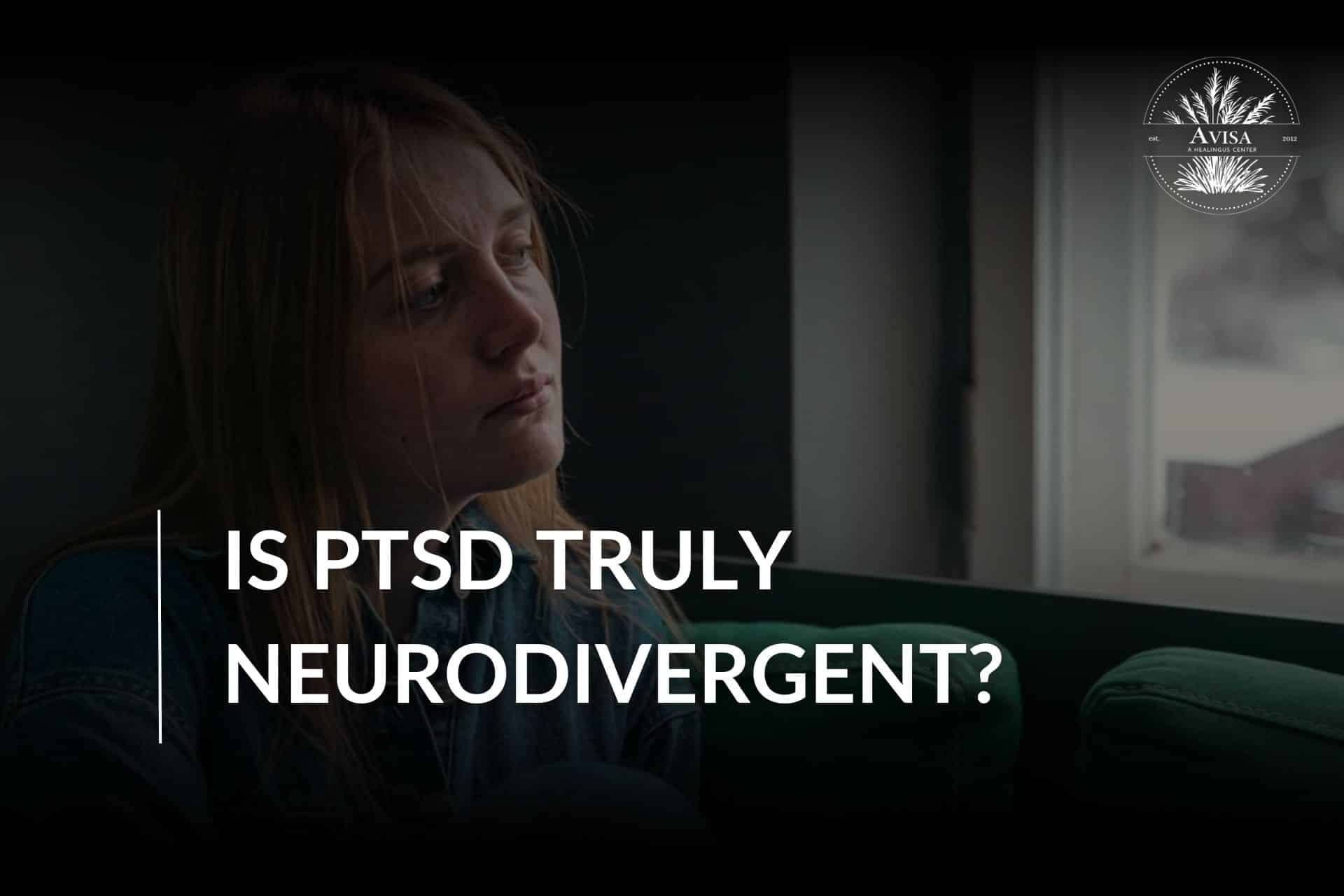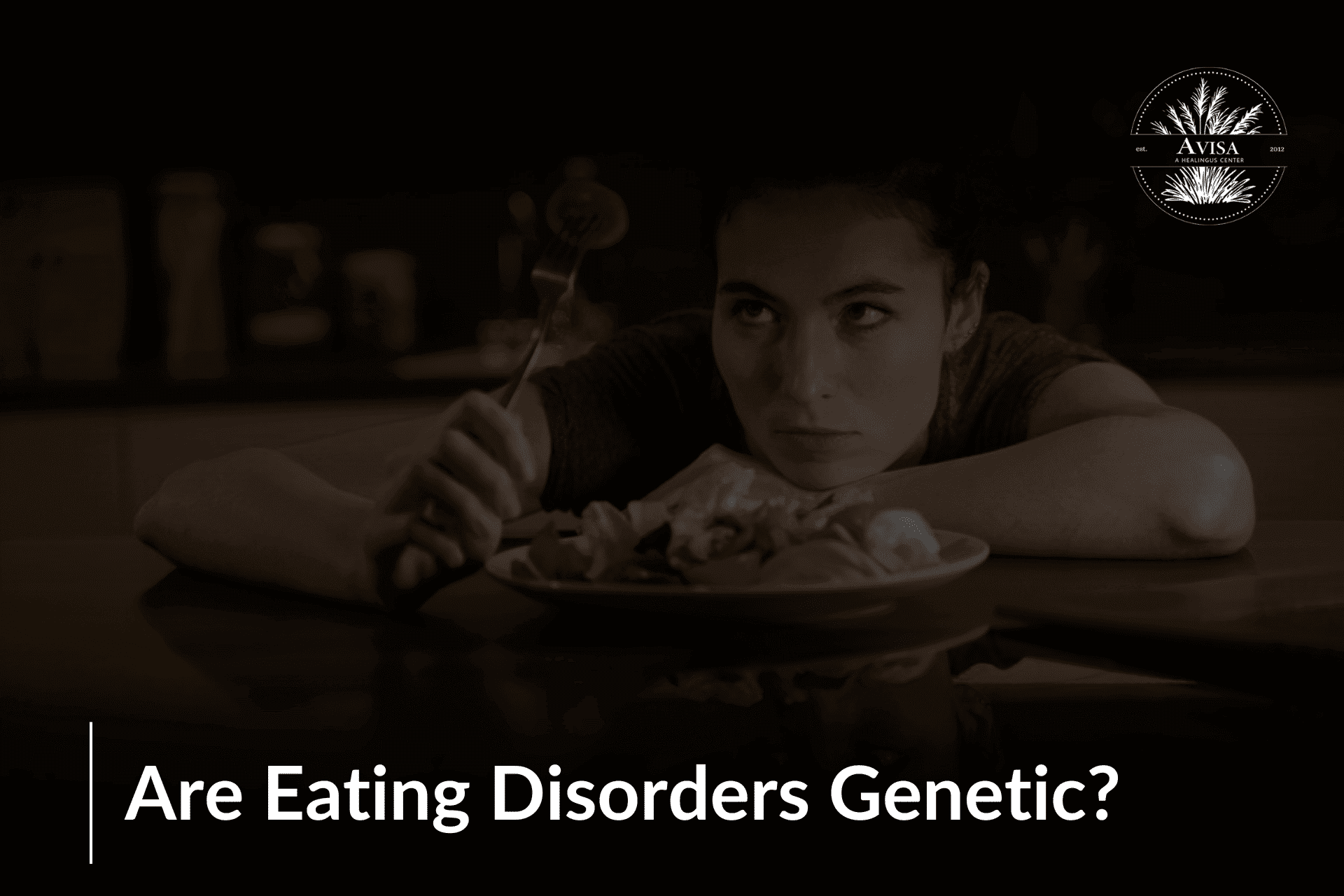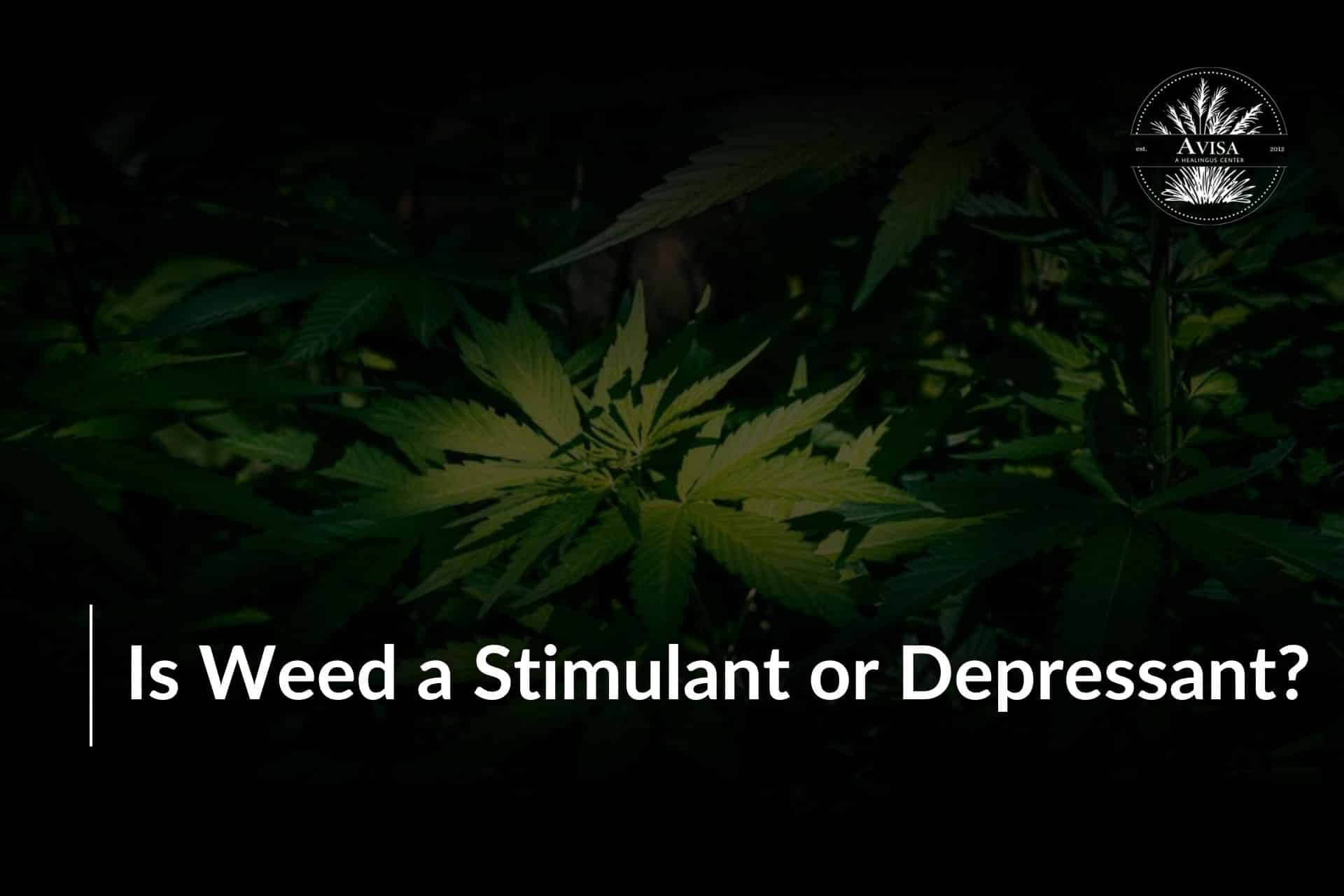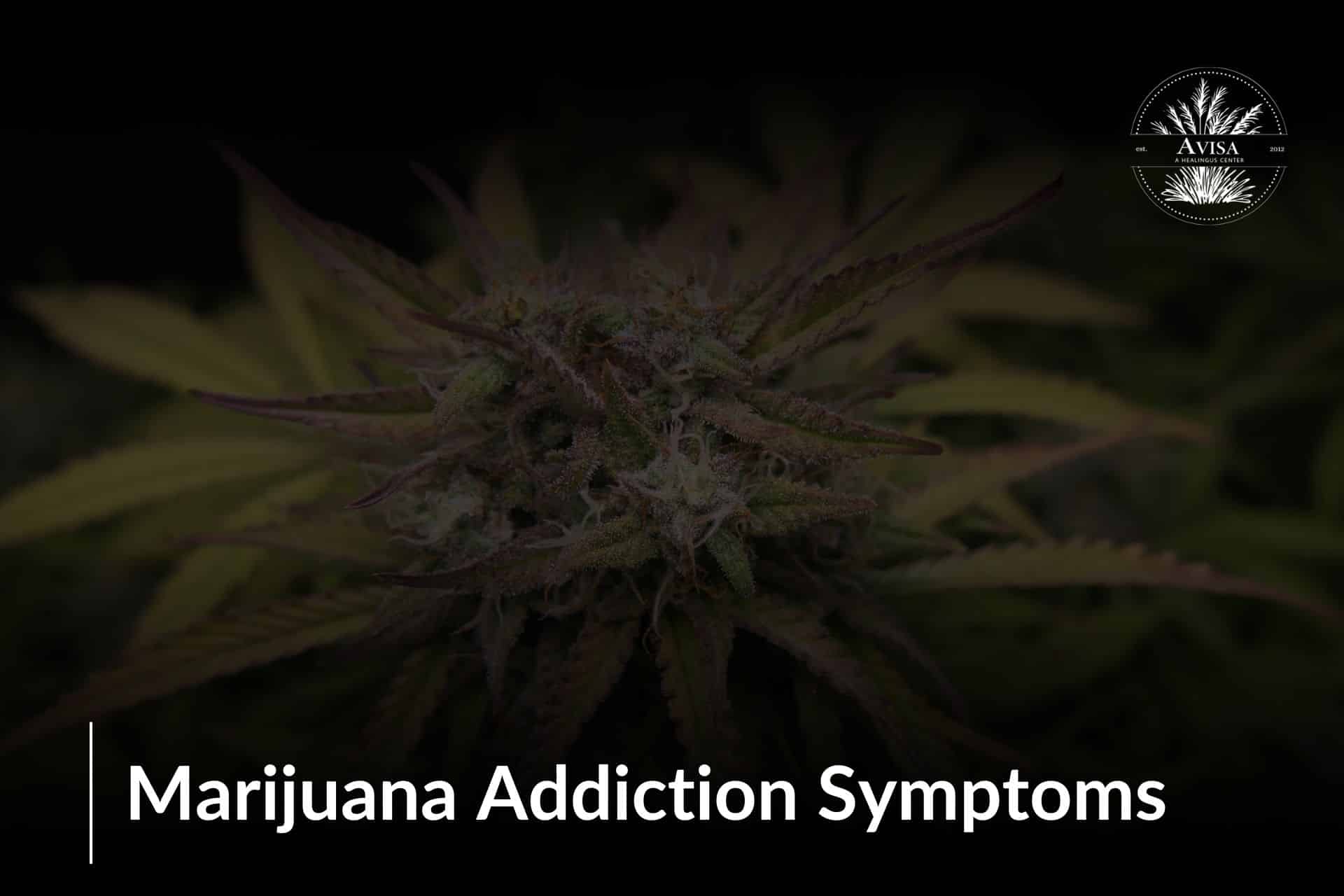Post-traumatic stress disorder, or PTSD, is a mental health condition that can develop after a person experiences a terrifying or shocking event. It’s estimated that around 3.6% of U.S. adults experience PTSD each year, with some populations facing even higher risks. Is PTSD neurodivergent? This is a question that is currently being debated by mental health professionals.
The symptoms of PTSD can be debilitating and include flashbacks, nightmares, avoidance of triggers, hypervigilance, and emotional numbness. These symptoms can have a significant impact on a person’s daily life, making it difficult to work, maintain relationships, and feel safe.
Alongside PTSD, the concept of neurodiversity has become increasingly recognized. Neurodiversity refers to the idea that human brains can function in a wide variety of ways, and that these variations are not inherently negative. People with neurodivergent conditions, such as autism spectrum disorder (ASD) or Attention Deficit Hyperactivity Disorder (ADHD), may experience the world differently than those considered neurotypical.
Is PTSD Neurodivergent?
Neurodivergence refers to variations in neurological structure or function that deviate from the societal norm. It encompasses conditions such as autism, ADHD, dyslexia, and others characterized by differences in cognition, behavior, and social interaction. Neurodivergent individuals perceive and experience the world differently from neurotypical individuals, contributing to the diversity of human experiences.
PTSD shares commonalities with neurodivergence
- Symptom Overlap: Intrusive thoughts, sensory sensitivities, and difficulty with emotional regulation observed in PTSD are akin to traits seen in neurodivergent conditions.
- Response to Trauma: Neurodivergent individuals may process traumatic experiences differently, potentially leading to the development of PTSD-like symptoms.
- Diverse Perspectives: Recognizing PTSD as neurodivergent acknowledges the diverse experiences and responses to trauma within the population, fostering inclusivity and understanding.
Arguments against classifying PTSD as neurodivergent
- Diagnostic Clarity: PTSD has established diagnostic criteria and treatment protocols within the mental health field, which might be complicated by reclassifying it as a neurodivergent condition.
- Stigma and Perception: There could be concerns about stigmatizing individuals with PTSD by associating it with neurodivergence, potentially impacting how they are perceived and treated in society.
- Treatment Implications: Differentiating PTSD from neurodivergent conditions is crucial for developing targeted interventions and support strategies tailored to the unique needs of individuals with PTSD.
While the debate continues, exploring the intersections between PTSD and neurodivergence offers valuable insights into the diverse nature of human experiences and the complexities of mental health conditions. It underscores the importance of considering individual differences and perspectives in understanding and addressing trauma-related disorders like PTSD.
Understanding PTSD
Post-traumatic stress Disorder (PTSD) is a mental health condition that can develop after exposure to a traumatic event. The Diagnostic and Statistical Manual of Mental Disorders (DSM-5) outlines specific criteria for diagnosing PTSD, including:
Common symptoms and manifestations of PTSD
PTSD symptoms can vary widely among individuals and may change over time. Some of the common symptoms and manifestations of PTSD include:
- Intrusive thoughts
- Avoidance behaviors
- Negative alterations in mood and cognition
- Emotional numbing
- Hyperarousal
Understanding these symptoms and manifestations is crucial for identifying and addressing PTSD in individuals who have experienced traumatic events. Early recognition and intervention can significantly improve outcomes and help individuals regain a sense of safety and well-being.
What Does It Mean to Be Neurodivergent?
Is PTSD neurodivergent? Neurodiversity refers to variations in the way individuals’ brains function and process information. It encompasses a broad range of neurological differences that may affect cognition, behavior, and social interaction. Neurodivergent individuals may have unique strengths, challenges, and ways of experiencing the world. Embracing neurodiversity involves recognizing and respecting these differences rather than viewing them as deficits or disorders.
Explanation of how neurodivergence is often associated with conditions such as autism, ADHD, etc
- Neurodivergence is commonly linked to conditions like autism spectrum disorder (ASD), attention deficit hyperactivity disorder (ADHD), dyslexia, and dyspraxia.
- These conditions involve atypical patterns of brain development and functioning.
- Differences in behavior, communication, sensory processing, and social interaction are common among neurodivergent individuals.
- While challenges may exist, neurodivergent individuals often possess unique strengths and abilities that contribute to diversity and resilience.
Comparing PTSD and Neurodivergent Conditions
PTSD and neurodivergent conditions both affect individuals’ mental health and functioning, yet they arise from different origins and exhibit distinct characteristics.
Examination of similarities and differences between PTSD and neurodivergent conditions
Examination of similarities and differences between PTSD and neurodivergent condition
- Shared Traits: Both PTSD and neurodivergent conditions cause issues with emotional regulation, stress responses, and social interactions.
- Origins: Neurodivergent conditions like ASD and ADHD stem from early brain development differences, while PTSD emerges from traumatic events.
- Symptoms: Although some symptoms overlap, such as sensory challenges and emotional management difficulties, the underlying causes and triggers are distinct.
Neurodivergent conditions often involve lifelong patterns of behavior and cognition, whereas PTSD symptoms may fluctuate in intensity over time, particularly in response to triggers related to the traumatic event.
Discussion of how PTSD may share some traits with neurodivergent conditions
Understanding these differences is crucial for accurate diagnosis and effective treatment planning.
- PTSD symptoms can resemble those of neurodivergent conditions.
- Individuals with PTSD may share sensory sensitivities, social cue interpretation difficulties, and emotional regulation challenges with those with ASD or ADHD.
- Overlapping symptoms can complicate diagnosis and treatment.
- Thorough assessment by mental health professionals is crucial.
While PTSD and neurodivergent conditions share some commonalities in symptomatology, their origins and underlying mechanisms distinguish them as distinct clinical entities.
Arguments for PTSD as Neurodivergent
Presentation of arguments supporting the classification of PTSD as a neurodivergent condition:
- Overlap in Symptoms: PTSD symptoms resemble traits of neurodivergent conditions like ASD or ADHD.
- Impact on Neurodevelopment: Traumatic experiences can alter brain development similarly to neurodivergent conditions.
- Long-term Effects: PTSD, like neurodivergent conditions, can have long-term effects on daily life and relationships.
Discussion of how PTSD symptoms align with neurodivergent traits:
- Sensory Sensitivities: PTSD individuals may have heightened sensitivity to stimuli like loud noises or bright lights, similar to neurodivergent conditions.
- Social Difficulties: PTSD can lead to challenges in relationships and social cues interpretation, akin to neurodivergent individuals.
- Repetitive Behaviors: Some PTSD individuals engage in repetitive behaviors as coping mechanisms, similar to ASD traits.
While these arguments suggest a potential overlap between PTSD and neurodivergent conditions, further research is needed to fully elucidate the relationship between the two and determine the implications for diagnosis and treatment.
Arguments Against PTSD as Neurodivergent
Presentation of arguments opposing the classification of PTSD as neurodivergent
- Contextual Nature of Symptoms: PTSD symptoms arise from traumatic events, while neurodivergent traits are typically inherent from early childhood.
- Acquired vs. Innate Characteristics: PTSD is often acquired from trauma, unlike neurodivergent conditions rooted in early brain development.
- Response to Treatment: PTSD may respond well to therapies like CBT or exposure therapy, unlike neurodivergent conditions requiring specialized interventions.
Discussion of counterarguments and challenges to the idea:
- Heterogeneity of PTSD: PTSD shows diverse symptoms, making it challenging to uniformly categorize as neurodivergent or non-neurodivergent.
- Complex Interplay of Factors: Understanding PTSD’s development involves intricate interactions between genetic, biological, psychological, and environmental factors, complicating its classification as neurodivergent.
The nuanced nature of PTSD and its relationship to neurodivergent conditions underscores the need for further research and clinical exploration to fully understand the intersection between trauma-related disorders and neurodevelopmental conditions.
Conclusion
In conclusion, the debate surrounding whether PTSD should be classified as neurodivergent is multifaceted, with compelling arguments on both sides. While there are similarities between PTSD symptoms and traits observed in neurodivergent conditions, such as sensory sensitivities and social difficulties, the context in which these symptoms arise and the response to treatment differ significantly.
As we navigate these discussions, let’s remember the importance of advocating for comprehensive mental health care that considers individual differences and needs. Together, we can work towards creating a more inclusive and supportive environment for all individuals, regardless of their neurodiversity or trauma history.
Join Avisa in advocating for continued research, awareness, and support for individuals affected by PTSD and neurodivergence. Together, we can make a difference in promoting mental health equity and understanding.
FAQs
Que: Is having PTSD considered neurodivergent?
Ans: PTSD is also regarded as a type of neurodivergence. However, it is an acquired form of neurodivergence, meaning it arises from specific situations and can be addressed through treatment.
Que: What mental illnesses are considered neurodivergent?
Ans: Among individuals who identify as neurodivergent, prevalent conditions include Autism Spectrum Disorder (including what was previously referred to as Asperger’s syndrome), Attention-Deficit Hyperactivity Disorder (ADHD), and Down syndrome.
Que: What’s the difference between PTSD and CPTSD?
Ans: Both Complex Post-Traumatic Stress Disorder (CPTSD) and Post-Traumatic Stress Disorder (PTSD) exhibit psychological and behavioral stress responses, including flashbacks, hypervigilance, and avoidance of distressing reminders of traumatic events. In addition to these symptoms, individuals with CPTSD commonly experience chronic and pervasive challenges with emotion regulation.
Que: Does complex PTSD ever go away?
Ans: For numerous individuals, treatment can effectively eliminate Complex Post-Traumatic Stress Disorder (C-PTSD). Alternatively, it may reduce the intensity of symptoms. Additionally, treatment equips individuals with the necessary tools to effectively manage symptoms, thereby preventing them from hindering daily functioning.











